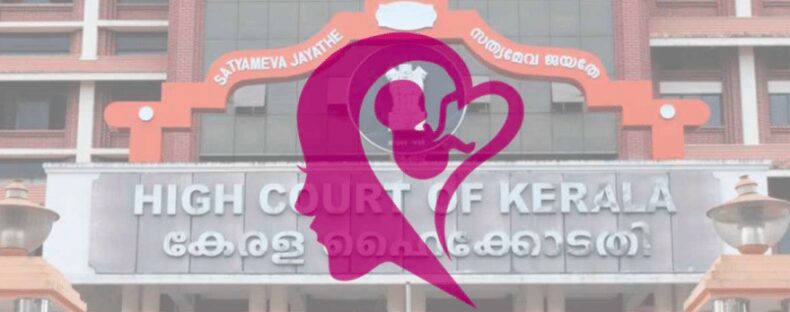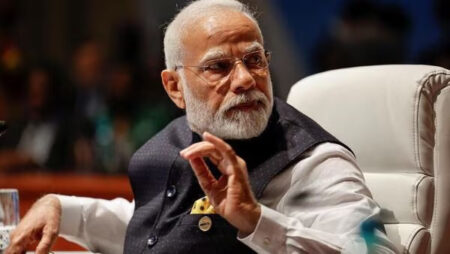On November 2, 2022, the Kerala High Court, presided over by Justice V G Arun, heard a complaint from an MBA student who is 27 weeks pregnant and wants to end her pregnancy.
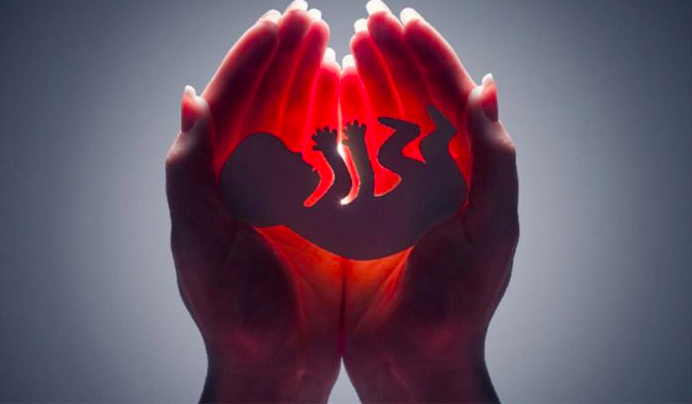
What is the Case?
A 23-year-old MBA student who is in the 27th week of pregnancy wants to end her pregnancy, but because it is so far along no hospital wants to take the case because of the conditions specified in the Medical Termination of Pregnancy Act, 1971, the matter was brought before the High Court.
She then moved to the High Court and testified there, stating that the pregnancy was the result of a consensual relationship, that contraceptives had failed, that the person with whom she had the relationship had left the country for further education, and that she had discovered the pregnancy at the end of October. The Kerala High Court ordered the medical board to evaluate the mother and determine the effects of both keeping the kid and ending the pregnancy on her. The Medical Board advised against terminating the pregnancy since doing so would endanger the woman’s life.
However, even understanding that relationship poses a threat to her life, the lady still wants to end it in order to pursue her academic goals. As a result, the High Court gave the woman permission to end it at any hospital that offers the services listed in the MTP Act.
The Kerala High Court further observed that “Article 21 of the Indian Constitution recognises the personal liberty of women and it is a woman’s right to make decisions regarding her reproductive options.”
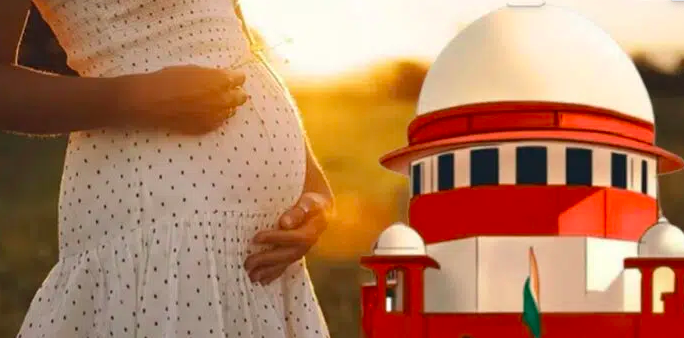
Earlier verdicts for women pregnancy?
Earlier in the final week of September 2022, the Supreme Court of India issued a landmark decision regarding women’s reproductive rights. The court’s judgement would broaden and extend the right to an abortion between 20 and 24 weeks of pregnancy to all women, including those who are not cisgender women, regardless of whether they are married or in a consensual relationship.
The decision was made at a hearing involving a 25-year-old woman who was in a consenting relationship, became pregnant, and then decided to get an abortion since her partner would not agree to marry her. The unmarried woman in a consensual relationship went to the Delhi High Court in her 24th week of pregnancy, but the Division Bench of the court denied the petition on the grounds that the Medical Termination of Pregnancy (MTP) Rules, 2003, only apply to married women and do not cover unmarried women.
A woman’s body is not her own in a nation where patriarchy is so pervasive. Regarding her body, every decision is made by someone or something. In this ruling, the Supreme Court recognised a woman’s right to control her body and soul in addition to her right to equality.
India is moving forward by recognising and allowing the right to abort, in light of recent reversals of this right by many nations, including the US. However, there are a number of measures that must be followed.
According to Section 312 of the Indian Penal Code, 1860, abortion is illegal and may only be performed when the woman’s life is in danger. However, there are exceptions to this rule made by the MTP Act, 1971, which permits abortions to be performed between 12 and 20 weeks of pregnancy under certain conditions. The patriarchy is still so pervasive that, despite several changes—including some recent ones—women cannot discontinue a pregnancy without the consent of others, which again goes against the principles of gender equality.
The Medical Termination of Pregnancy (Amendment) Act, 2021, which allows for the termination of pregnancies between 20 and 24 weeks, but only under seven specified circumstances, including contraceptive failure, was passed after 50 years after the MTP ACT, 1971.
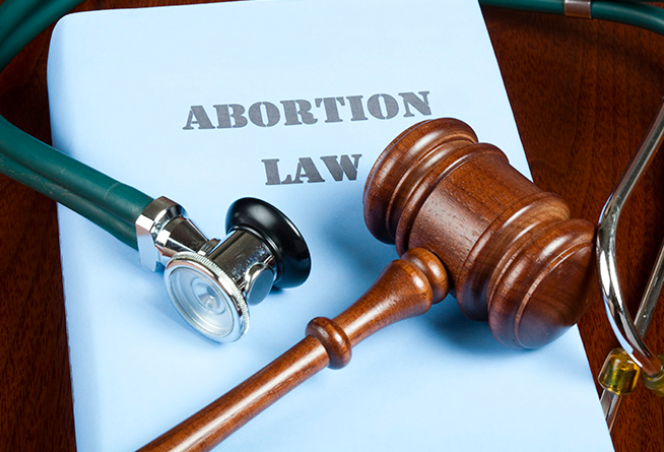
After a year, the Supreme Court is now extending the reach of the law in order to make it more inclusive, less burdensome, and to elaborate the meaning of freedom. The court is also giving the statute a progressive interpretation in order to further distance itself from social conservatism.
The Supreme Court discussed Marital Rape along with Abortion. Women who have experienced sexual assault, rape, or incest after marriage are considered victims of rape under the MTP Act and Rule 3B(a). However, given that marital rape is not a crime in India, it is still unclear how this decision will go down.
The Supreme Court also discussed the 2012 Protection of Children from Sexual Offenses Act. Before ending the pregnancy, the girl is required by POCSO to notify the police. The court ruled that the POCSO lacks knowledge of the idea of consent because young girls may enter into consenting relationships and become pregnant. In this situation, people may not want to call the police out of embarrassment, which can result in unsafe and illegal abortions. To stop this, girls are permitted to have safe and legal abortions, and it is the doctor’s responsibility to notify the authorities without revealing the girl’s or her family’s identify.
Women have long been taken advantage of under the guise of modesty. Society and the government have imposed a number of restrictions on nearly everything, including who they should marry, who they should love, whether they should become pregnant or not, gender-based abortion, and other issues. This has to end immediately.
Read more: Abortion and the Right to Autonomy in India
Also read: In a Massive Ruling the Supreme Court Entitles Unmarried Women the Right of Safe and Legal Abortion







